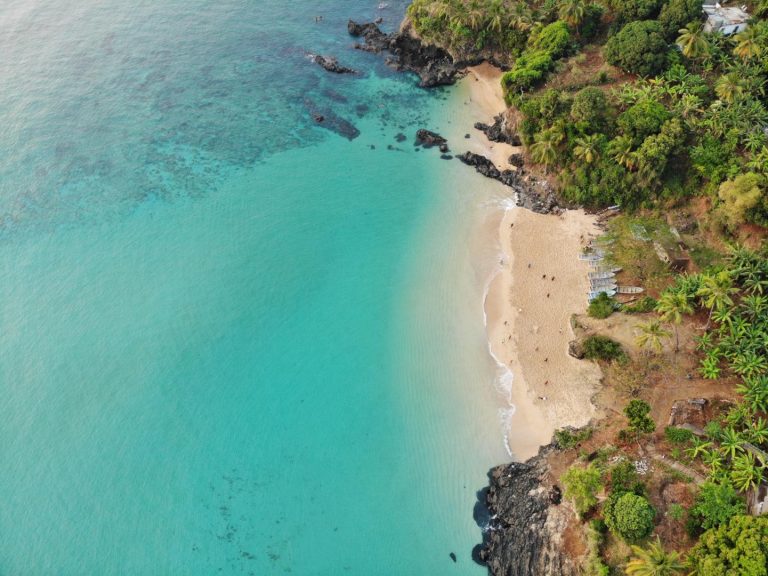The researchers found that after an area off the coast of the
“The increase … was far greater than we ever expected,” said Alasdair Harris, scientific director of Blue Ventures, the marine conservation group that conducted the fieldwork.
“This study shows MPAs (marine protected areas) not only serve as a powerful conservation tool helping species thrive, but can also be a powerful economic tool helping fisheries remain productive and profitable,” he said in a statement.
Experts say nearly 75 percent of fish stocks, from tuna to cod, are caught faster than they can breed as more and more people depend on them for food and livelihoods.
Last month, scientists warned the world’s fish and seafood populations will collapse by 2048 if current trends in habitat destruction and over-fishing continued. They called for marine-life reserves and no-fishing zones to be set up urgently.
Blue Venture studied an area off the southwestern Malagasy
The locals had blamed the falls on international fishing companies who had arrived in the area to harvest octopus for the global market. But after the bans, the numbers leapt up again.
“The success of Andavadoaka’s MPA shows there is hope that well-managed fishery practices, such as MPAs, can prevent
He said protected areas needed careful management, but some experts say it could already be too late for other ecosystems.
When large fish like cod are almost wiped out, smaller species may thrive by eating the young of survivors, they say.
Cod stocks in the once-rich Atlantic fishery off
– NAIROBI, Dec 18 (Reuters)
Click here for the original Reuters article or download the pdf version.





















